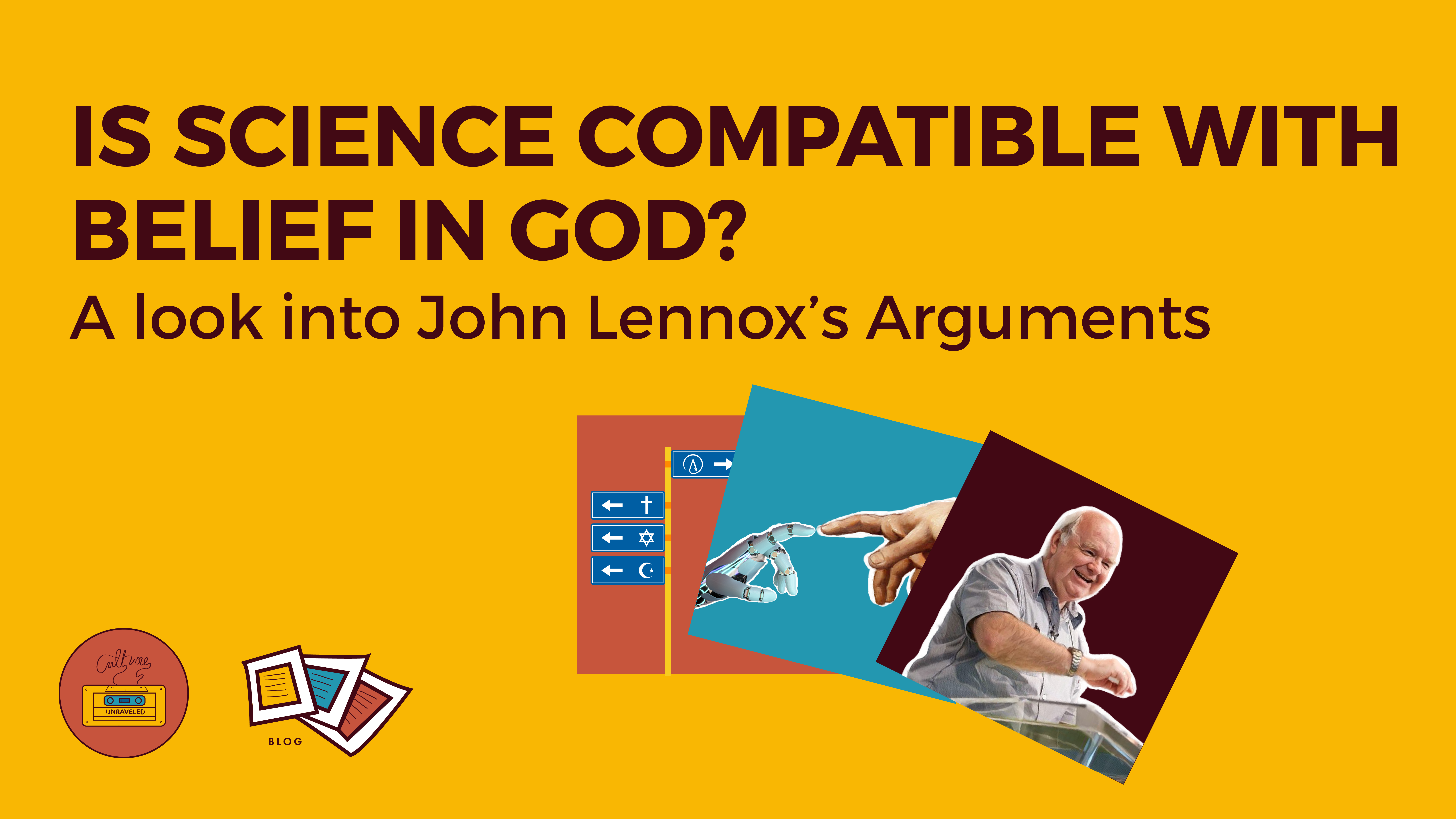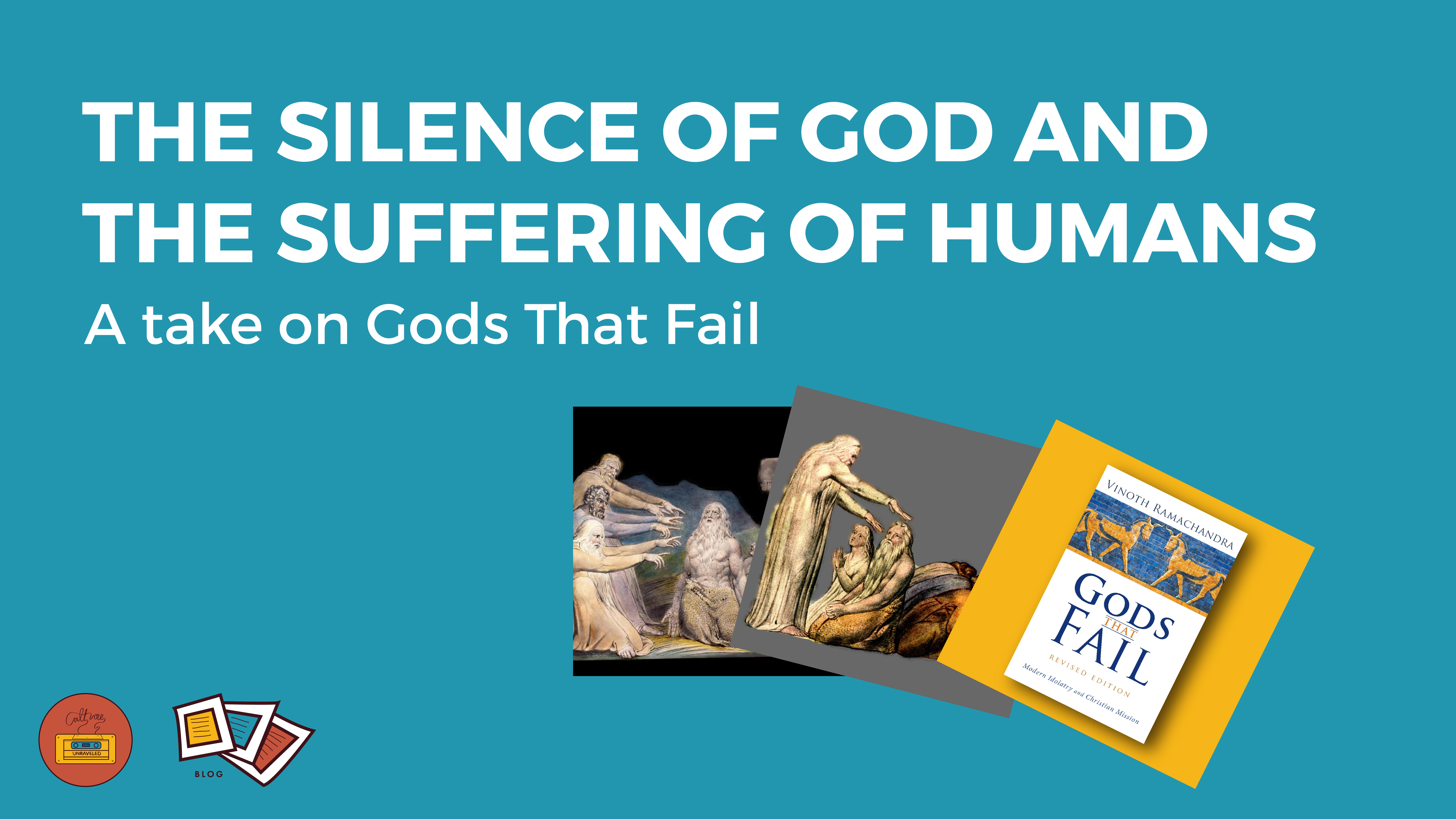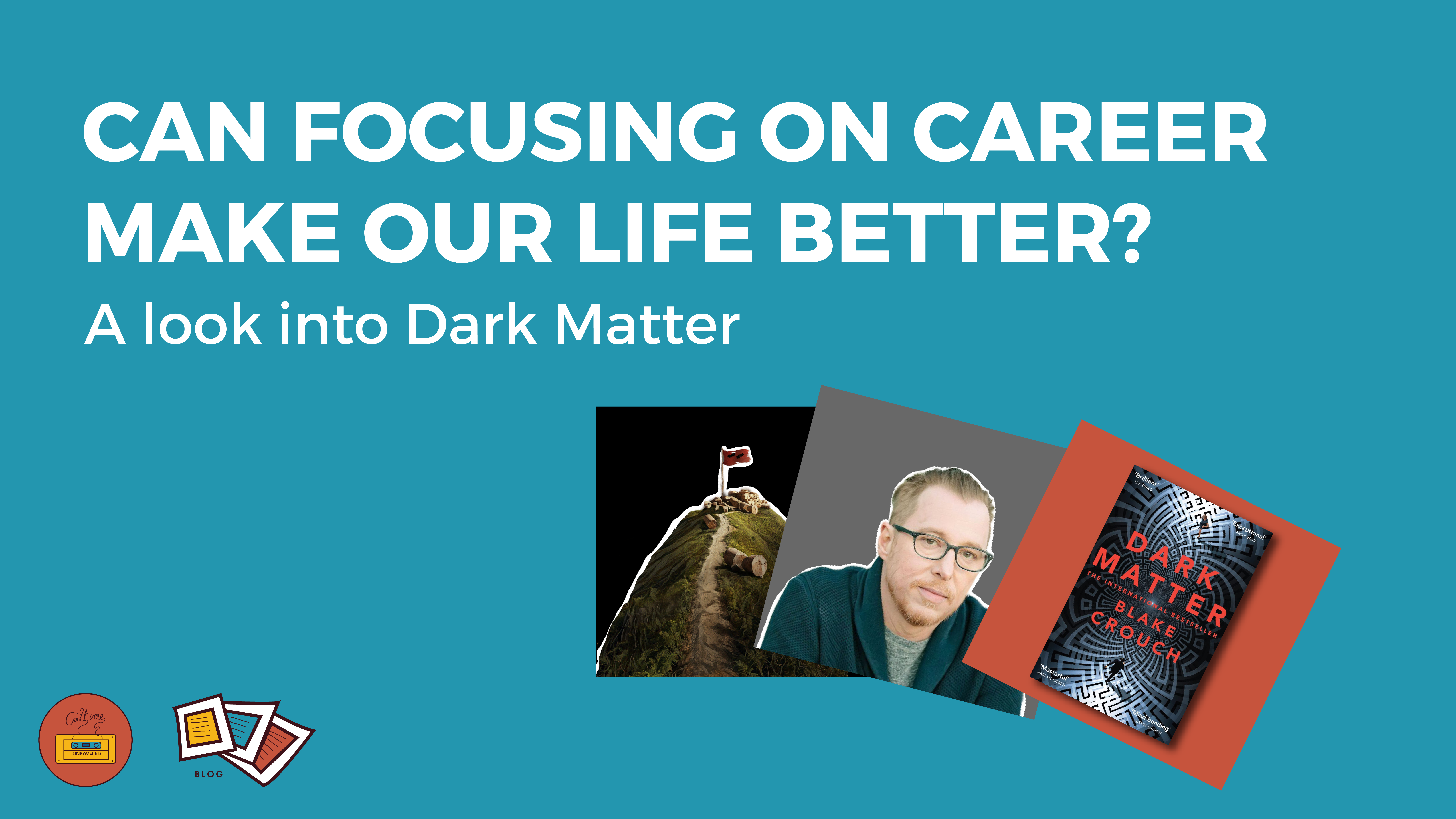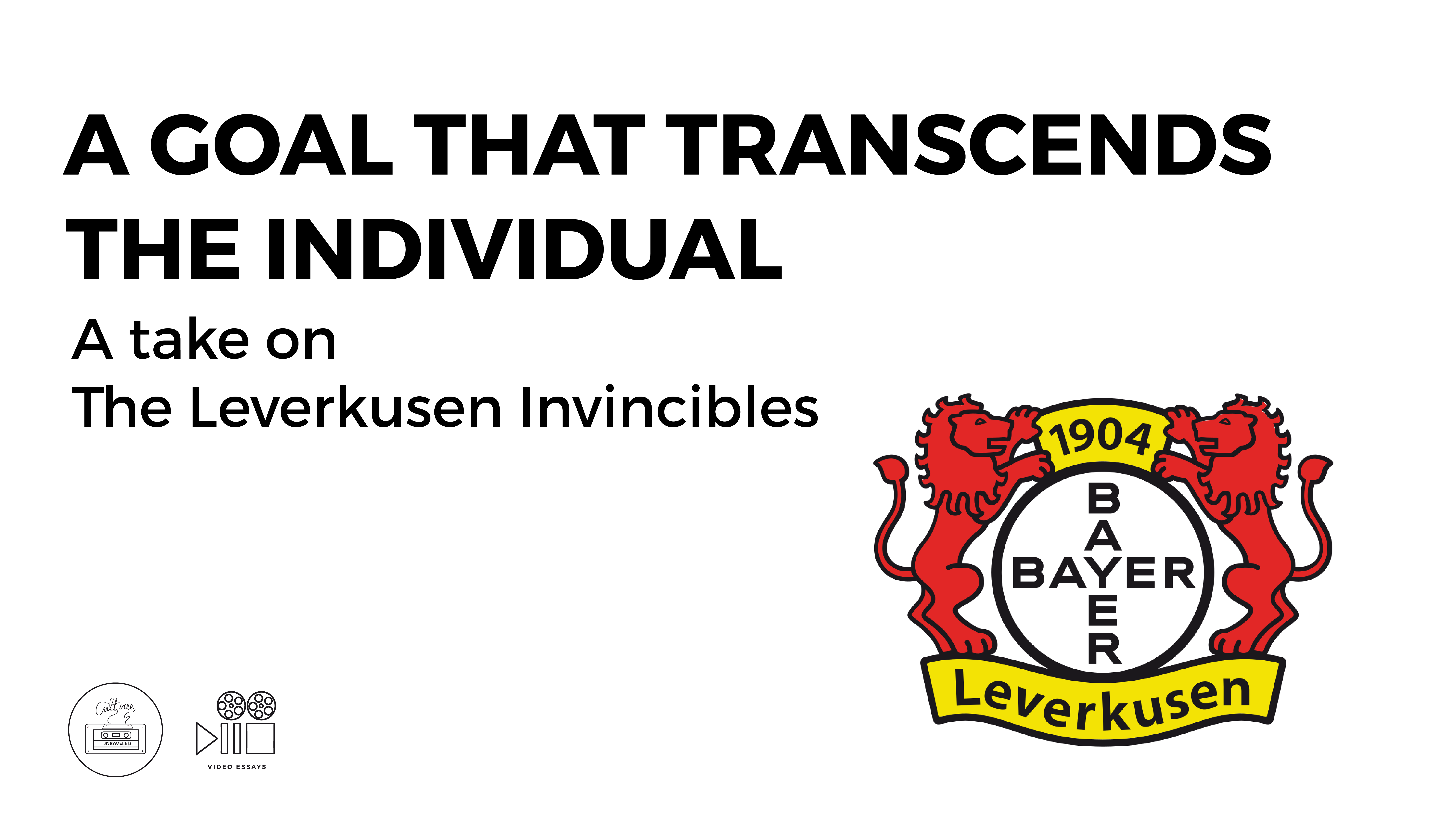
Can we have a scientific mind if we also believe in God? The debate between God and science, rather than allowing us to see how they complement each other, often leaves us with the option to choose between faith in God or having a scientific perspective.
John Lennox, Professor of Mathematics at the University of Oxford and an Emeritus Fellow in Mathematics and Philosophy of Science at Green Templeton College, weighs in on this issue with brilliant insight. In one of his talks at the C.S. Lewis Institute, he presents four misconceptions about the nature of God and the nature of science and clarifies them by arguing that these misconceptions arise out of a misunderstanding of where the conflict between God and science really lies.
He argues that there is an actual conflict, but it is not between God and science. The real battle is between two worldviews that stand in opposition to each other, and those are a naturalistic or atheistic worldview and a theistic worldview. Let’s briefly examine two misconceptions by highlighting his arguments and their strengths.
First, he discusses the false idea that the results of science support atheism. He points to Richard Dawkins and other atheist scientists who regard religion as a delusion. Since atheists use psychology to make this claim, Prof. Lennox argues that we must turn to experts in the field of psychology to ensure that they support it. He quotes one of German’s leading psychologists, Manfred Lutz, who argues that psychology can explain religion as a delusion if God does not exist, but it can also explain atheism as a delusion if God does exist. But when it comes to whether God exists or not, psychology cannot help.
In other words, when atheists such as Richard Dawkins say that belief in God is a delusion, they assert that such belief is a projection of one’s desires for God to exist when, in reality, it is just a delusion. But according to Lutz, atheism could be just as equally delusional as it could be a projection of one’s desires for God not to exist. Prof. Lennox argues that the argument can go both ways, and it does not address the central question about the reality of God’s existence.
He also quotes other experts in the field of psychology who believe that religion is good for humanity’s well-being and belief in nothingness after death is a real delusion because it leads us to think that no one will judge humankind’s evil in the end. Prof. Lennox concludes that results in the science of psychology do not substantiate atheists’ claims. So, it is false to believe that science supports an atheistic worldview.
Second, Prof. Lennox states that atheists have a false understanding of the nature of God. He argues that atheists falsely define God as a god of the gaps. The basic idea in describing God as a god of the gaps is this: if there is something in the universe that science cannot explain, we have to invoke God or the gods to explain it.
Prof. Lennox asserts that such a definition of God would surely put us in a place where we must choose between God and science. But what if God is not just a god of the gaps but the God of the whole show? If we define God as the One who created everything, then God is not an explanation for things science cannot explain. Instead, God is the reason why anything exists.
He gives evidence for this from the history of science. There is historical evidence that men became scientific because they expected law in nature and they believed in the existence of natural laws because they believed in a Law-giver. He presents how the early pioneers of scientific advancements were religious people who attributed the presence of natural laws to a divine Law-giver. So, it is false to assume that God or the gods are an explanation for something in the universe that science cannot yet explain because God is the One by whom all things exist.
There are two strengths in Prof. Lennox’s arguments:
First, by citing experts in the field of psychology who argue that atheism could be considered a delusion, he highlights the subjective nature of such claims and demonstrates that psychology cannot definitely prove or disprove the existence of God. He logically presents the limitations of using science as a basis for arguing against the existence of God, as science is limited to the natural world and cannot answer questions about the existence of a supernatural being. He undermines the notion that science inherently opposes belief in God and encourages critical thinking and a nuanced approach to understanding the relationship between God and science.
Second, he draws upon historical evidence to support his argument that the concept of God as a “god of the gaps” is a false understanding. By highlighting that many early pioneers of scientific advancements were religious individuals who believed in natural laws as evidence of a divine Law-Giver, he challenges the misconception that belief in God merely explains gaps in scientific understanding. This historical evidence adds weight to his argument that faith in God and engagement in scientific inquiry are not inherently incompatible and can, in fact, be complementary.
Thus, Prof. Lennox provides a compelling perspective that encourages a deeper exploration of the relationship between faith and reason, and challenges us to reconsider simplistic notions of conflict between God and science. By recognising the strengths of his arguments, we can engage in a more nuanced and informed discussion on this complex and important topic.
_________________________________________
Written by Roselina Vundi












